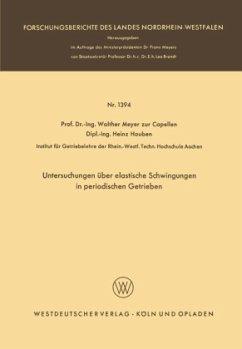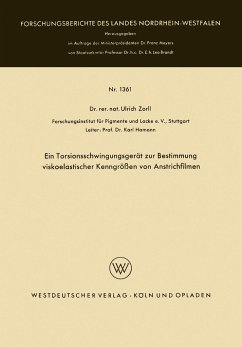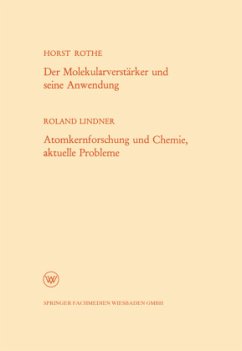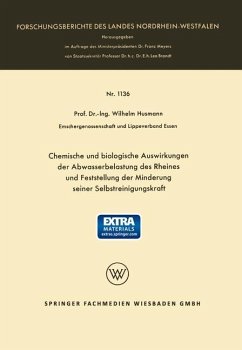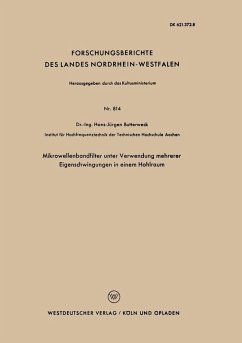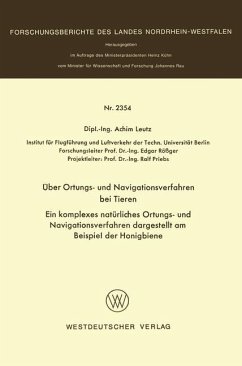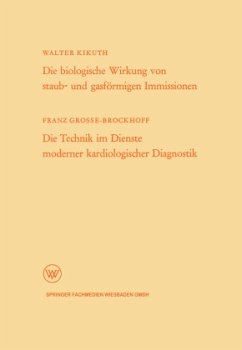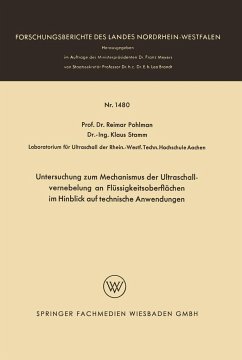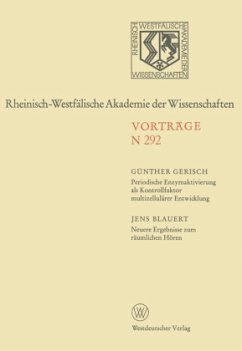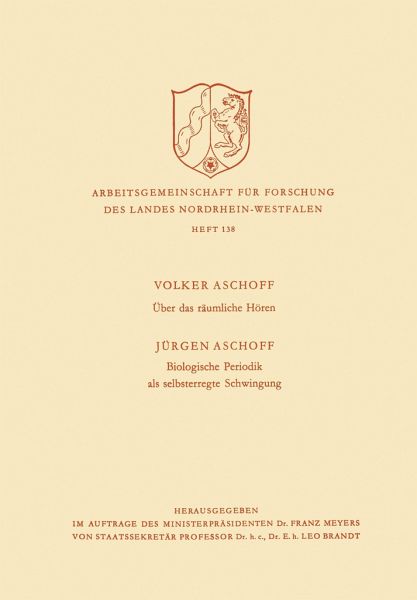
Über das räumliche Hören / Biologische Periodik als selbsterregte Schwingung

PAYBACK Punkte
0 °P sammeln!
The human sense of hearing can derive information not only from asound impulse with respect to the source of the sound and the signal emanating from it, but, within certain limits, can also detect the direction of sound in cidence, the distance from the sound source and - in the case of sounds within closed areas - specific characteristics of these areas. The knowledge that our sense of hearing possesses these capabilities is of importance for certain tech nical processes of transmission and, conversely, new technical processes of transmission open up new research possibilities in the field of...
The human sense of hearing can derive information not only from asound impulse with respect to the source of the sound and the signal emanating from it, but, within certain limits, can also detect the direction of sound in cidence, the distance from the sound source and - in the case of sounds within closed areas - specific characteristics of these areas. The knowledge that our sense of hearing possesses these capabilities is of importance for certain tech nical processes of transmission and, conversely, new technical processes of transmission open up new research possibilities in the field of spatial hearing. Resume L'ouie humaine ne peut pas seulement gagner, a partir d'une excitation acou stique, une information sur la source du son et le signal emis de celle-ci mais, au-dela de cela, aussi percevoir, au-dedans de certaines limites, la direction d'incidence du son, la distance de la source du son et, pour des evenements sonores dans des pieces fermees, certaines caracteristiques de celles-ci. La connaissance de ces capacites de notre ouie est importante pour certains pro cecles techniques de transmission et, inversement, de nouveaux procedes tech niques de transmission creent de nouvelles possibilites de recherche sur le sec teur de l'ouie spatiale. Diskussion Staatssekretär Professor Dr. h. c. , DrAng. E. h. Leo Brandt Haben die zuletzt erwähnten Versuche einen besonderen technischen Zweck gehabt; standen sie in einem Zusammenhang mit dem Rundfunk in Köln? An dieser Frage sind einige der hier Anwesenden sehr interessiert. Magnifizenz Professor DrAng.





